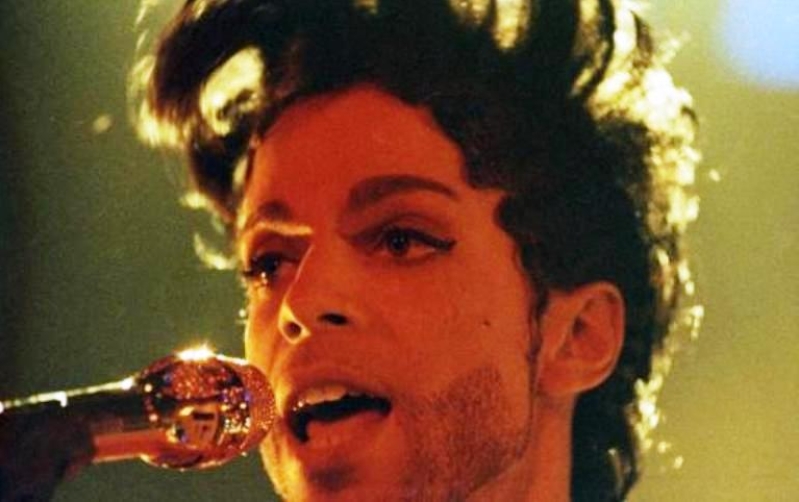
After weeks of speculation, law enforcement officials confirmed on May 28 that legendary pop music performer Prince died of an opioid overdose, according to the Associated Press. Many people still are asking whether Prince's dedication to the Jehovah's Witness religion played a role in his choosing to not receive more aggressive surgical treatment for his hips.
The singer was having health issues during the weeks leading up to his death. He reportedly suffered from hip problems that would have required operations. Jehovah's Witnesses are forbidden to receive blood transfusions, but members of his Jehovah's Witness Kingdom Hall in St. Louis Park said they believed that had nothing to do with his death.
Autopsy results showed Prince died at age 57 of an overdose of fentanyl, a powerful opioid painkiller that is up to 50 times more potent than heroin. The findings confirm suspicions that opioids played a role in the death of the superstar musician, who was found dead April 21 at his Minneapolis-area estate.
Prince, who was raised as a Seventh-day Adventist, was converted - or at least helped along - by Larry Graham, the former bass player for Sly and the Family Stone. "I don't see it really as a conversion," Prince told the New Yorker magazine in 2008. "More, you know, it's a realization. It's like Morpheus and Neo in 'The Matrix.'"
CNN interviewed some representatives of the Jehovah's Witness Kingdom Hall in St. Louis Park, which is the place of worship for Prince's home church for the past decade. The musician was baptized there in 2003.
Within that church congregation, he went by the name "Brother Nelson." Nelson is his legal last name. The church elders said he dutifully knocked on doors monthly, as is required by Jehovah's Witnesses.
James Lundstrom, a fellow Jehovah's Witness congregant, told CNN a woman to whom Prince was witnessing asked him if anyone ever mentioned that he looked like Prince. "He looks at her and says, 'It's been said,'" Lindstrom said.
Church members said Prince looked healthy when he attended services last month.
"Nobody said he couldn't get surgery. Absolutely not," Lundstrom said. "We're not anti-medicine. In fact, we go out of our way to try and find the best medical care we can."
Over the final decade of his life, the Los Angeles Times reported Prince worshipped at St. Louis Park because he was a fellow believer in the Jehovah's Witness tenets: that Jesus was a savior but was lesser to God, that these are the final days of civilization, that the dead will be resurrected, and that the world will live under a global government lead by Jehovah, a Hebrew name for God. Among the St. Louis Park congregation, Prince wasn't a celebrity but an equal in faith.







